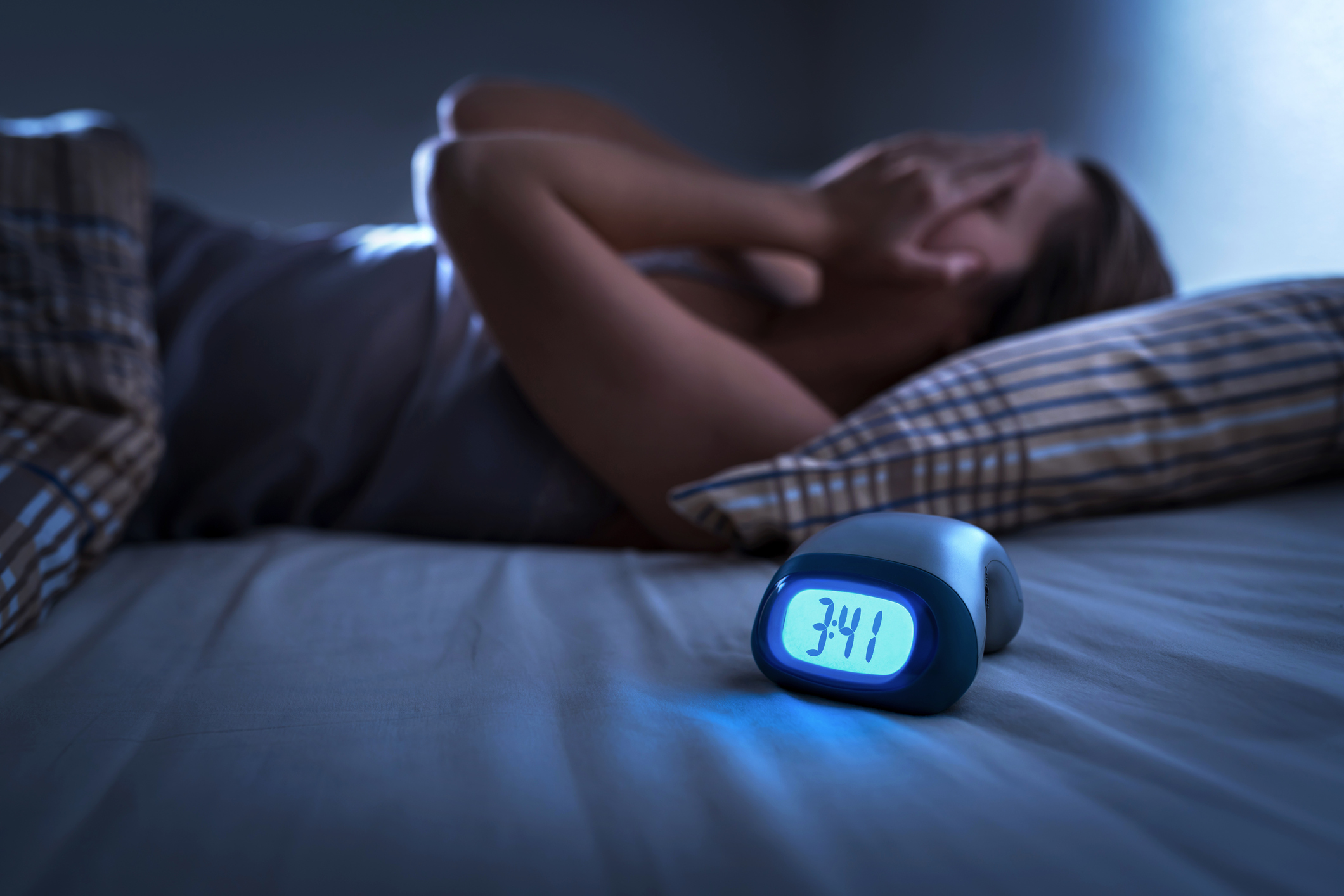Overview
Millions of people worldwide suffer from insomnia, a common sleep disorder marked by trouble getting asleep, staying asleep, or experiencing non-restorative sleep. While there are many causes of insomnia, such as stress, bad sleeping habits, and underlying medical issues, new study indicates that exercise can be extremely important in controlling and reducing the symptoms of insomnia. In-depth discussion of the connection between exercise and sleeplessness is provided in this article, along with an examination of the underlying mechanisms and important advantages of a regular exercise regimen.
Comprehending Sleeplessness
A complex sleep problem with many facets, insomnia can be caused by anything from lifestyle decisions like excessive coffee use and inconsistent sleep habits to psychological issues like anxiety and sadness. Additionally, the symptoms of insomnia may be made worse by underlying medical disorders such sleep apnea or persistent pain. Chronic sleep deprivation has effects on emotional control, cognitive performance, and general quality of life in addition to daytime exhaustion. Effective insomnia therapies are essential due to its widespread impact.
The Relationship Between Sleep and Exercise
Among the many methods available for treating insomnia, physical exercise has received more focus as a non-pharmacological strategy. Extensive research has indicated a strong correlation between exercise and sleep quality, with consistent physical activity providing significant advantages for sleep duration and quality. This interaction is underpinned by a complex web of interrelated systems.
Control of Circadian Cycles
The circadian rhythm, the body’s internal clock that controls the cycle of sleep and wakefulness, is influenced by physical activity. Exercise throughout the day helps the body better prepare for sleep at night by bringing circadian rhythms into harmony with the cycles of natural light and dark. Furthermore, regular exercise can support the development of stable sleep patterns in people, enhancing the stability of circadian rhythms and encouraging the production of more restorative sleep.
Rest and Thermoregulation
The body’s core temperature is essential for both the start and continuation of sleep. Core body temperature rises during activity and then temporarily drops during the post-exercise recovery phase. This drop in body temperature following exercise encourages the body’s natural cooling mechanism, which is essential for bringing on sleep. Regular exercise can therefore improve thermoregulation, which will maximize the conditions for the onset and maintenance of sleep.
Sleep and Psychological Wellness
Exercise has major positive impacts on psychological health in addition to its physiological ones. These benefits include improved self-esteem, mood management, and a decrease in depressive symptoms. Regular exercisers frequently report feeling happier and having better mental health overall—elements that are strongly correlated with the quality of their sleep. Exercise helps create a mental atmosphere that is favorable for sound sleep by encouraging optimism and emotional forbearance.
Exercise Types and Timings
The kind and timing of exercise may have an impact on how well one sleeps. Although resistance and aerobic exercise have both been linked to better sleep outcomes, aerobic activity—such as swimming, jogging, or walking—seems to have a more steady positive impact on sleep quality. On the other hand, any kind of physical activity has the potential to improve sleep. Exercise’s impact on sleep may also depend on when it is done. Research indicates that exercise in the morning or afternoon may be better for sleep than activity in the evening, which might raise body temperature and increase alertness right before bed.
Useful Suggestions
Getting regular exercise into one’s daily routine is essential to enjoying the benefits of exercise on sleep. In addition to engaging in muscle-strengthening exercises on two or more days per week, aim for at least 150 minutes of moderate-intensity aerobic activity or 75 minutes of vigorous-intensity aerobic activity per week. But it’s crucial to pay attention to your body and select pleasurable, long-lasting activities. Additionally, stay away from strenuous exercise right before bed as it could disrupt the onset of sleep.
Stress and Anxiety Reduction
Anxiety and stress are frequent causes of insomnia, feeding the vicious cycle of increased arousal and insomnia. Exercise is a powerful stress reliever because it triggers the release of endorphins, which are neurotransmitters that enhance sensations of calm and wellbeing. Moreover, exercise reduces the synthesis of cortisol, a stress hormone that, when increased, is linked to insomnia. Exercise creates a stress- and anxiety-free atmosphere that is ideal for sound sleep.
In summary
Effective therapies are necessary to lessen the burden of insomnia since it presents serious difficulties to health and well-being. An effective non-pharmacological method for enhancing sleep quality and controlling the symptoms of insomnia is physical activity. Exercise provides a complex response to sleep problems by regulating circadian rhythms, lowering stress and anxiety, improving thermoregulation, and improving psychological well-being. People can take advantage of exercise’s ability to promote improved sleep and general health by integrating regular physical activity into their lifestyle and following suggested guidelines.

